After the spread of the Coronavirus, the absence of ‘business as usual’ has forced us to live and think differently – and made most (if not all) of us realize how human activities put incredible pressure on our planet. Now that many scientists are returning to the labs, maybe it’s time to learn how to get the most out of green lab efforts?
As a biochemist and environmentalist, I understand how essential labs are to experimental research and education within fields such as biology, medicine, and biotechnology, but I am also very much aware of the large ecological footprint that laboratory work leaves behind. The heavy use of energy, water, and consumables is definitely not improving the state of our planet - and neither is the substantial amount of waste that lab work generates!
The good news is that companies, institutions, labs, and individuals can do a lot to reduce the environmental impact and carbon footprint of lab work without compromising the research. That’s why I founded the value-driven consultancy Ava Sustain: to promote sustainability in science.
So: What can you do and how do you get the most out of your green lab efforts?
The plastic waste problem
SO. MUCH. PLASTIC! If you have ever been inside a bioscience lab, you know that this type of research produces an incredible amount of plastic waste. In the name of sterility and to save time from handling glassware, we are using an extreme number of plastic disposables such as Petri dishes, cell flasks, various tubes, pipette tips, and their boxes, serological pipettes, etc. And that adds up to an estimated 5.5 million tonnes of plastic waste produced by academic research labs each year [1]!
We´ve all seen heartbreaking pictures of animals with plastic in their stomachs, plastic floating in rivers and seas, and we have seen poor families collecting plastic on enormous landfills in developing countries. Those images make us want to act. And the way most of us act is by starting to sort our waste so we can send the recyclable plastic away for recycling.
Unfortunately, most plastic products are not recyclable in the first place. They either get contaminated in the lab and therefore cannot be recycled, or they consist of a mix of different plastic types. Some of the plastic in the lab is recyclable, but that doesn’t mean that it will actually be recycled – even if you manage to sort it correctly. The sad reality is that most sorted, recyclable plastic piles up in landfills or storage facilities, become incinerated or end up in the environment. A fraction of it is down-cycled, which means that it becomes plastic products of a substantially lower quality, and only 2% of the plastic becomes efficiently, or truly, recycled [2]. That’s depressing!
So, what can we learn from those gloomy facts?
The plastic waste problem is a structural problem that unfortunately cannot be solved by sorting plastic in the labs. If you want to make the largest possible impact on your lab´s contribution to the plastic waste problem, you should focus on the amount of plastic entering your lab in the first place rather than focusing on how the plastic is exiting your lab!
There are different ways to do that, including:
reusing single-use items when possible
buying in bulk
substituting single-use plastic for multi-use glassware (but be careful not to break the glass and autoclave it only when needed!)
refilling your pipette tip boxes
purchasing products with reduced plastic content (e.g. via NEB, Labcon and Starlab[3])
The unfair competition between waste and the rest
We tend to do something about the solid waste, and especially the plastic waste because it’s so obvious and because it’s heartbreaking how plastic is polluting our planet. But the waste production isn´t the only thing contributing to the ecological footprint of lab work; the consumption of energy, water, and consumables is also leaving a considerable footprint behind.
In fact, the only industrial space using more energy per square meter than laboratory space is data centers[4]. In a typical lab, the worst energy offenders are appliances related to air circulation and cold storage; one -80°C freezer can consume as much energy as an entire household, and a fume hood corresponds to 3.5 households when running on full speed[4]. The water situation isn’t a lot prettier: an autoclave uses hundreds of liters of water (and a lot of energy!) in one cycle, and some ultrapure water purification systems send 80% of the input water directly down the drain[5]. Finally, consumables are contributing heavily to the ecological footprint of lab work via their production, shipping, use, and disposal.
The perspective changes when you take all of those things into consideration. Maybe you realize that plastic waste tends to mask other important challenges and that the sorting of plastic is a somewhat symbolic action if the aim is to make your lab work (significantly) more sustainable.
Why symbolic actions sometimes make sense
Symbolic actions can be a place to start. They can be a way to get your labmates or colleagues on board and make them see that what you do can make a difference. Promoting the sorting of plastic waste or advocating for less and double-sided printing, for instance, might convince some people that small efforts from everyone can matter. But don’t stop there!
Your impact on the environment from your lab work is 3-10 times larger than your impact at home [6] – and unfortunately, that number doesn’t change significantly by sorting plastic or printing on both sides. If you want to get the most out of your actions and maximize the green output, go for the high-impact actions: Shut the sash of the fume hoods, chill up your -80°C freezers to -70°C, optimize your cold storage by regular defrosting & decluttering and by keeping inventories, and don´t run your autoclaves unless they are full. And if you still have time and motivation after those things are in place, you can continue down the list!
Going green takes an effort and there is no quick fix – but it’s absolutely needed, you can learn very much from it, and it can be a lot of fun! Initiatives such as friendly competitions and green lab events not only help to promote sustainability, they can also create a sense of community and facilitate (science) knowledge-sharing and new collaborations. Remember that there are many other good reasons for going green; you can save money and time, you can prolong the lifetime of your equipment, and you can display your green actions on social media to create positive PR. Those arguments might help you get your colleagues on board – especially if you also encourage a positive spirit!
Have a browse here at Labconscious to find more green lab tips, take a look at My Green Lab and the iGEM Goes Green Guide – and drop by my Instagram profile _@AvaSustain or Twitter profile @AvaSustain to get tips and share ideas.
[1] https://www.nature.com/articles/528479c
[2] The documentary “The Story of Plastic”
[3] https://www.labconscious.com/blog/2019/7/31/tackling-waste-5-steps-to-less-plastic-waste-in-the-lab
[4] https://www.mygreenlab.org/energy.html
[5] https://www.mygreenlab.org/water.html
[6] https://www.theguardian.com/environment/2019/nov/10/research-labs-plastic-waste



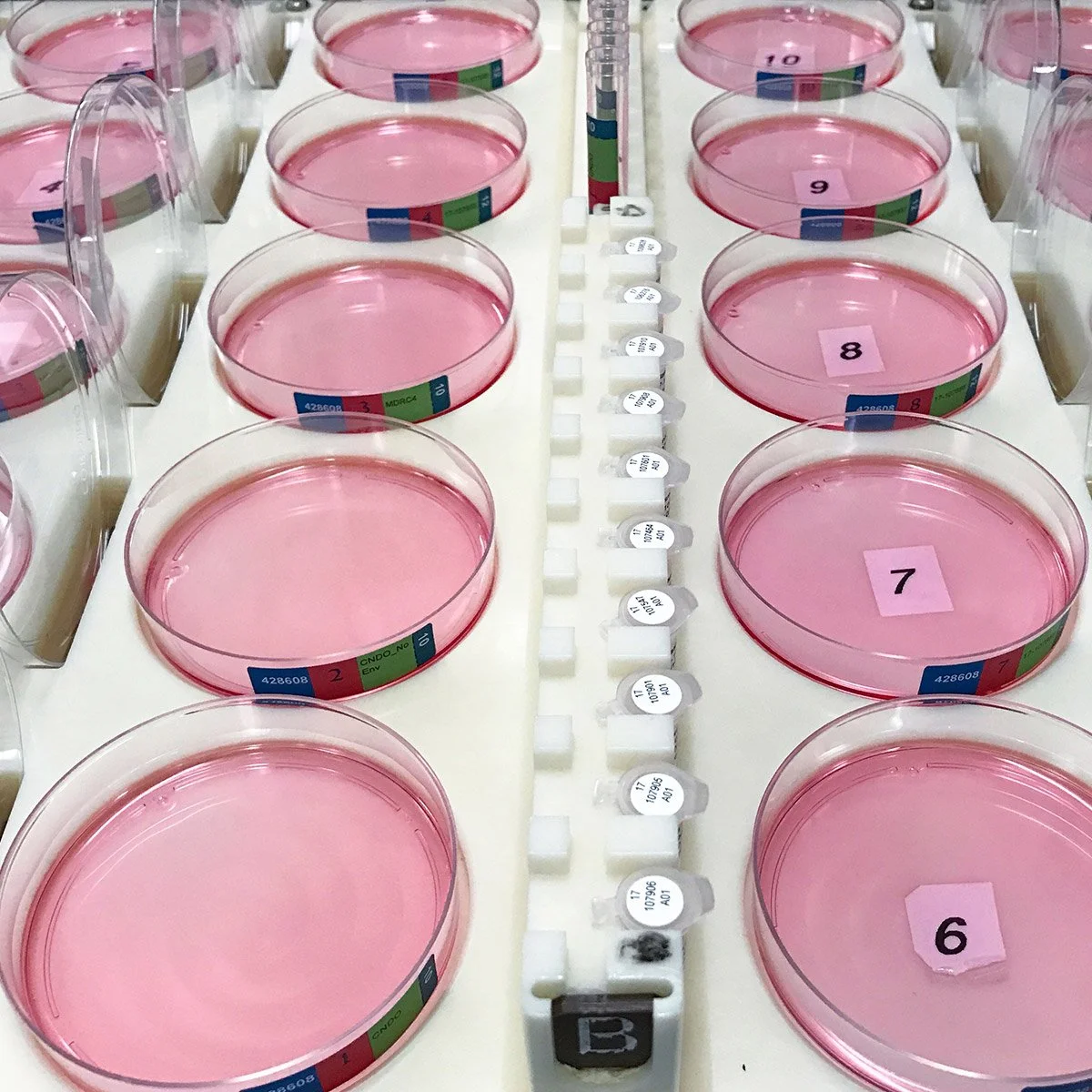

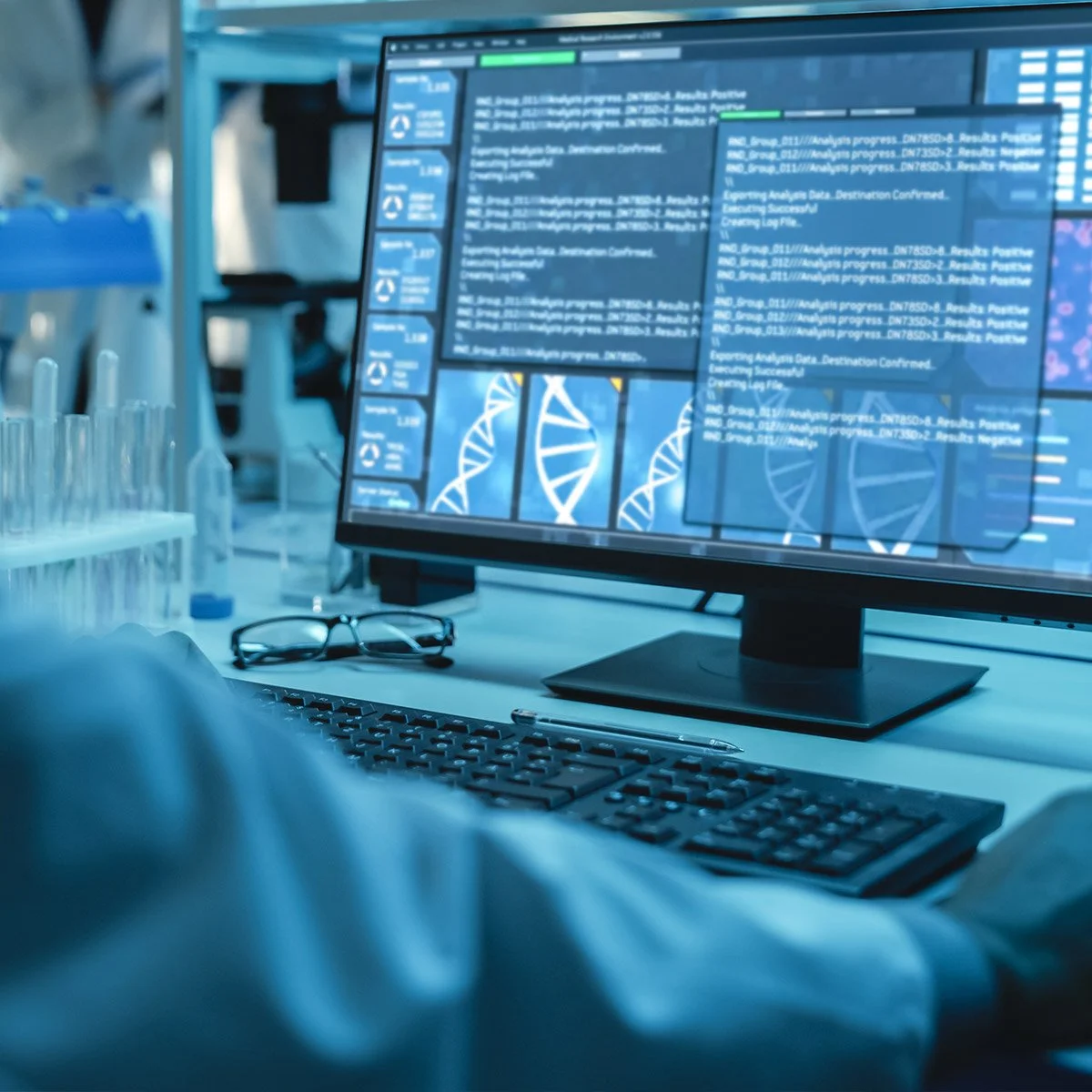
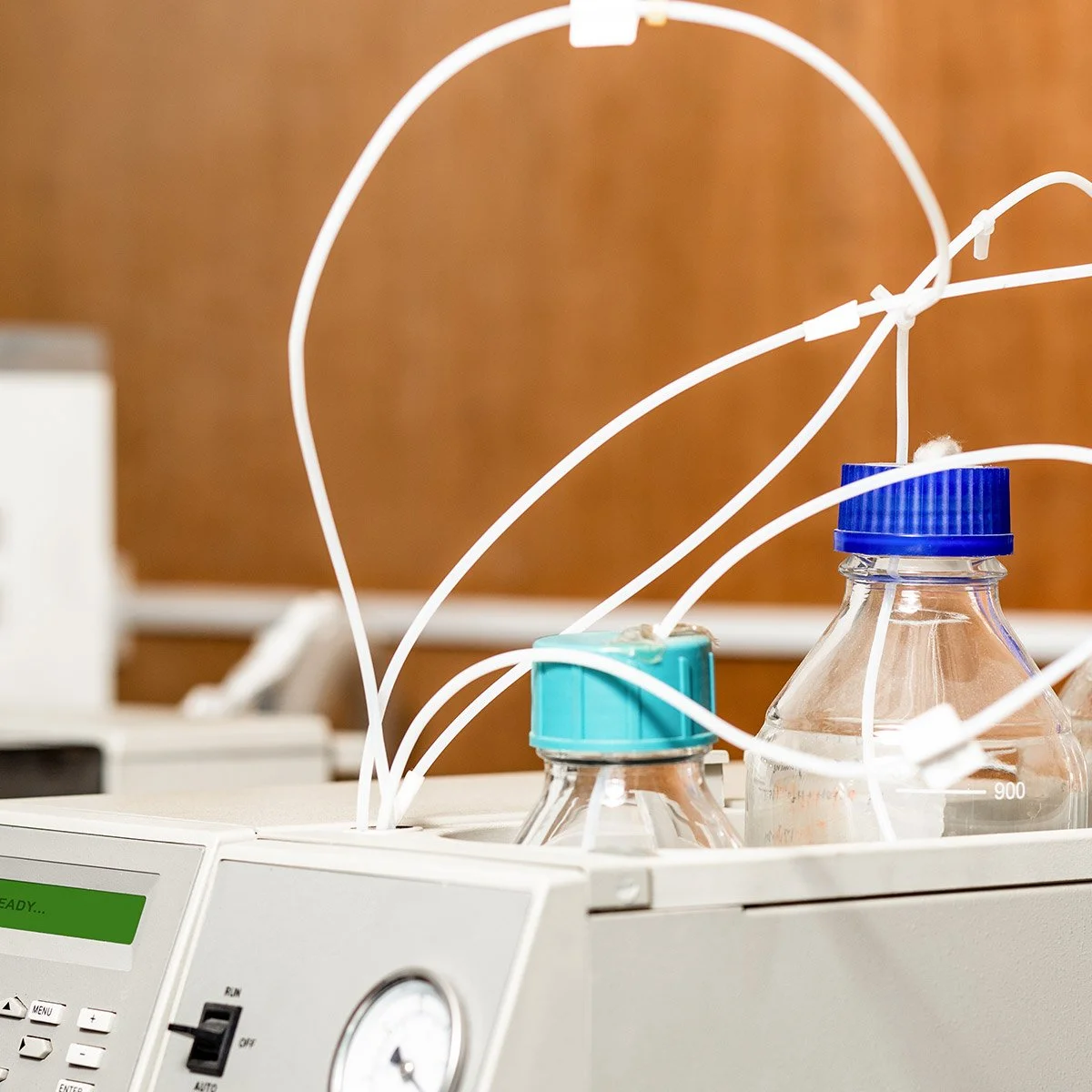
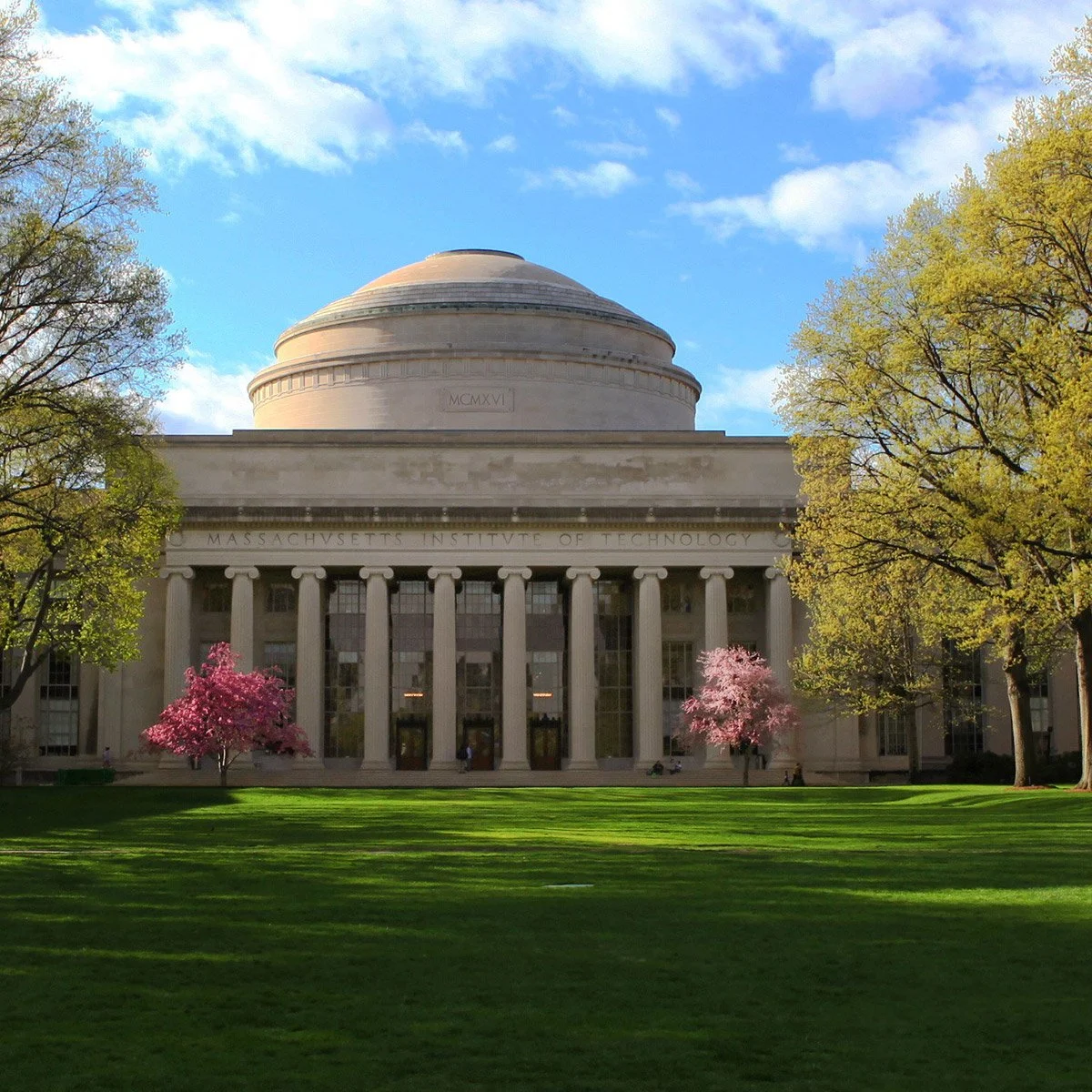



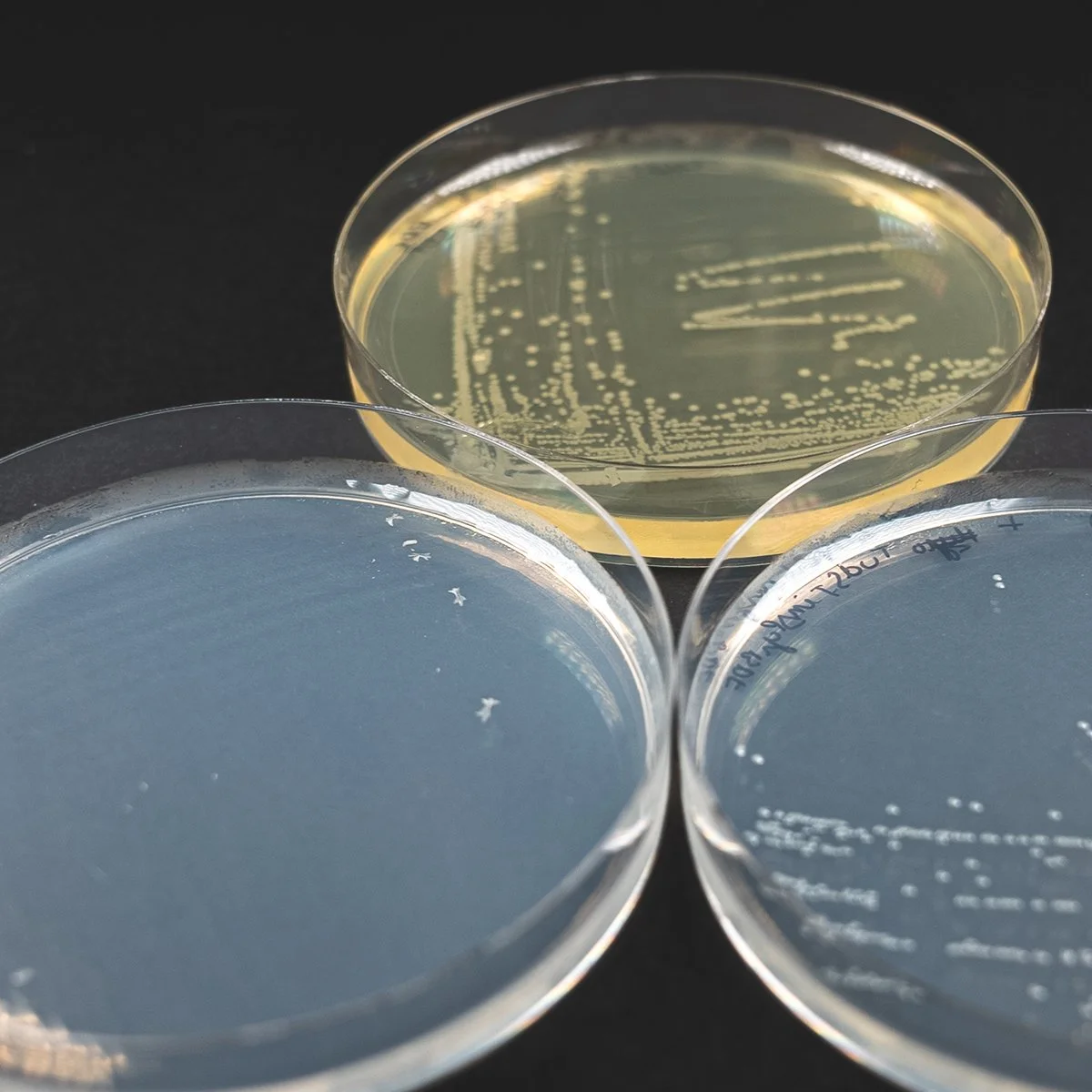
Get an insider’s look at how research and clinical diagnostics are expanded by integrating software, data and robotics, as well as the opportunities “to dial” in workflows for cost and carbon savings.